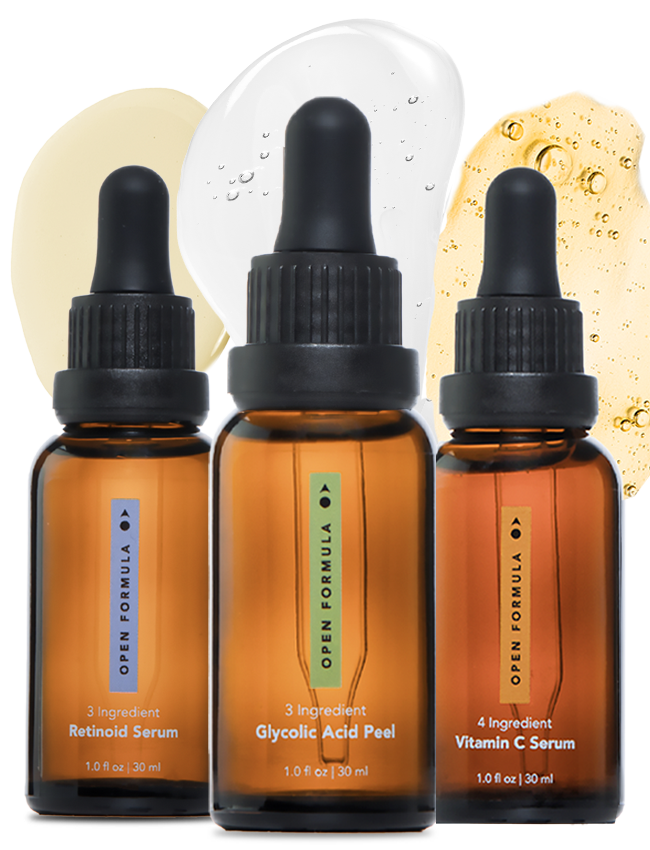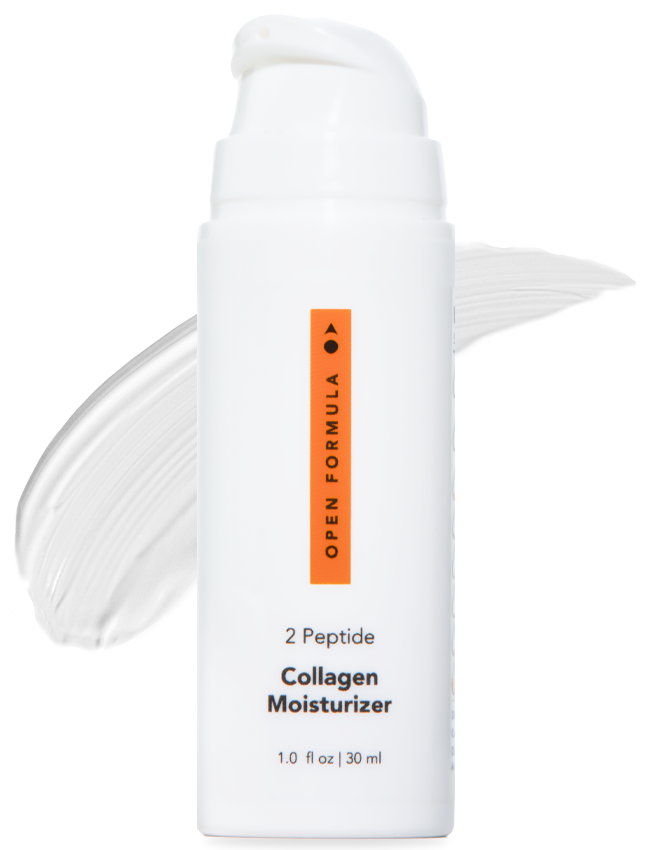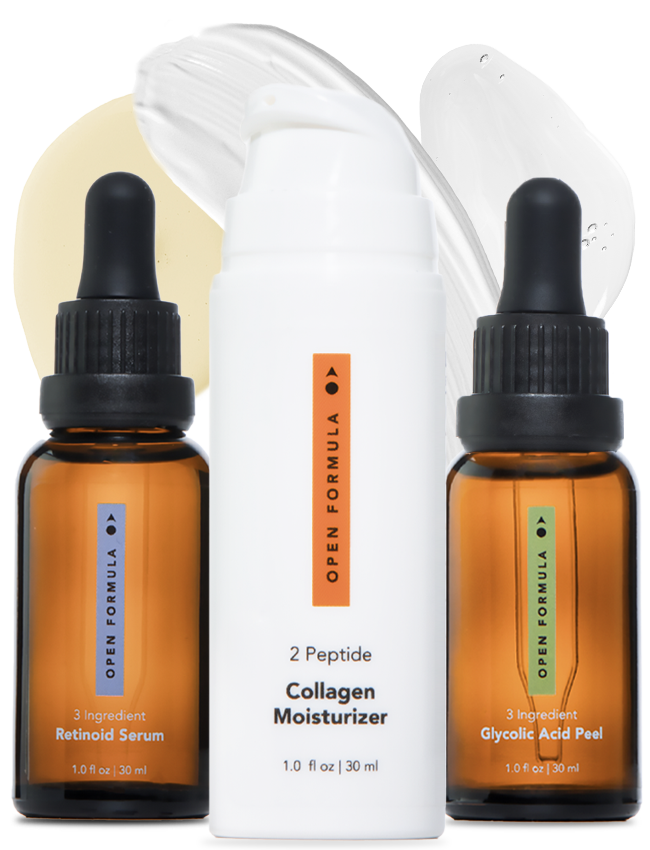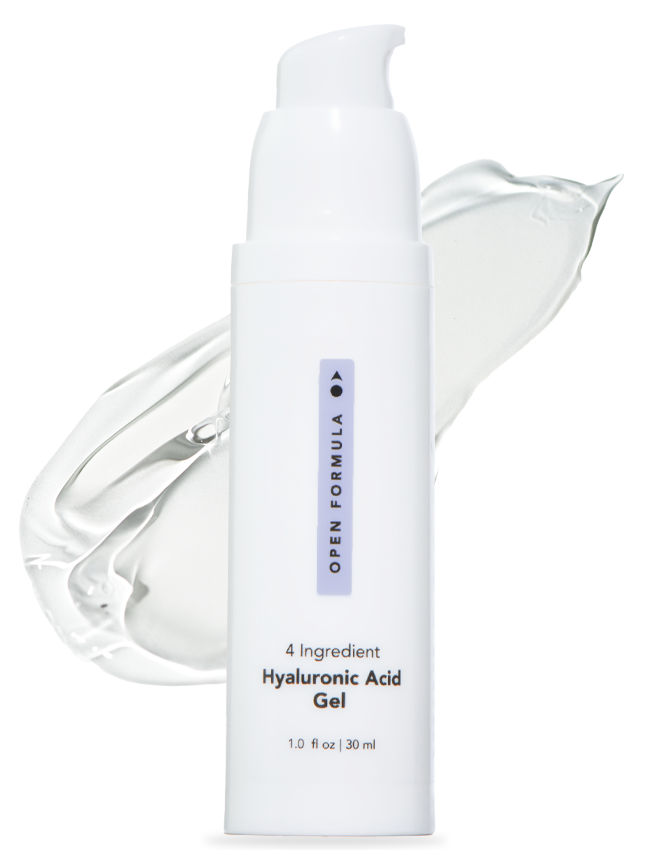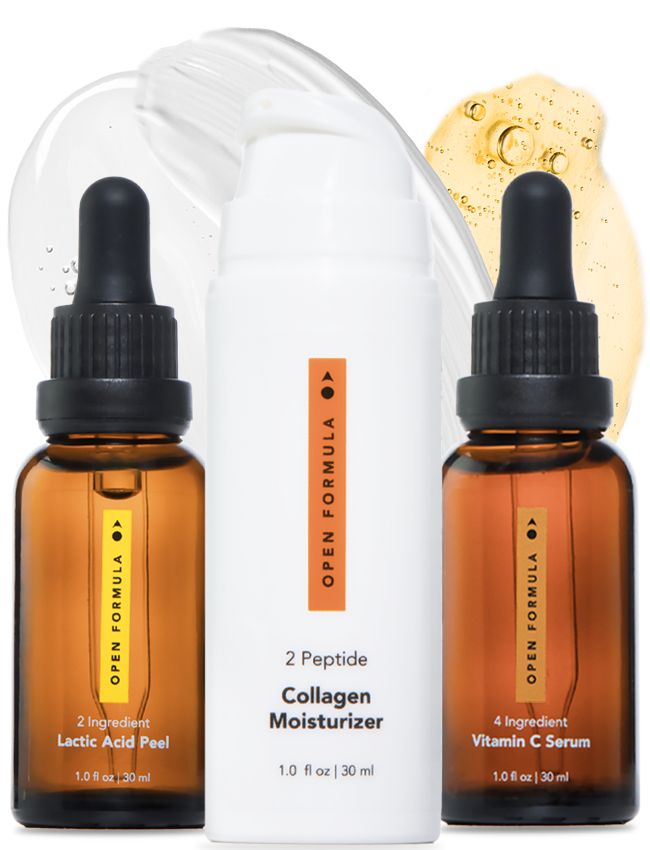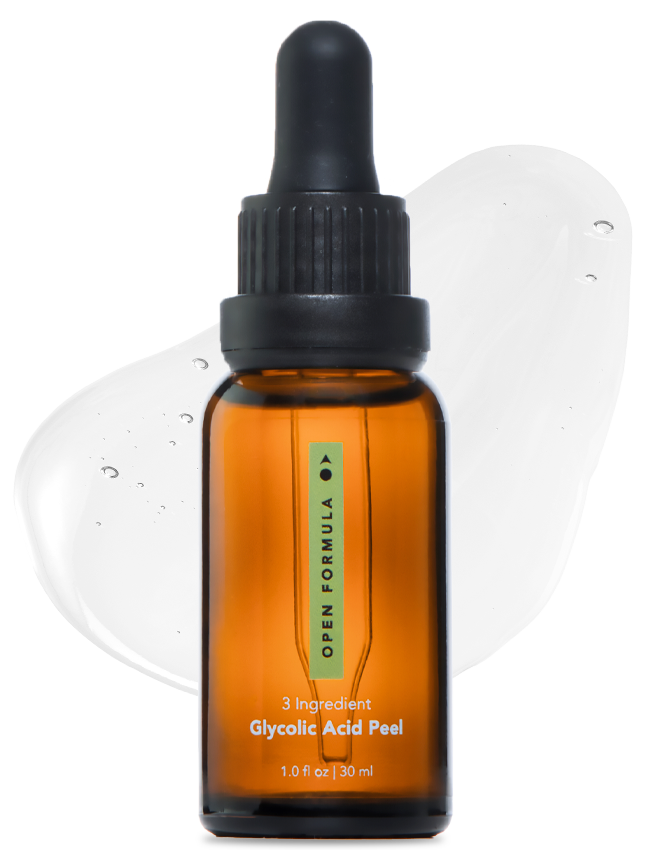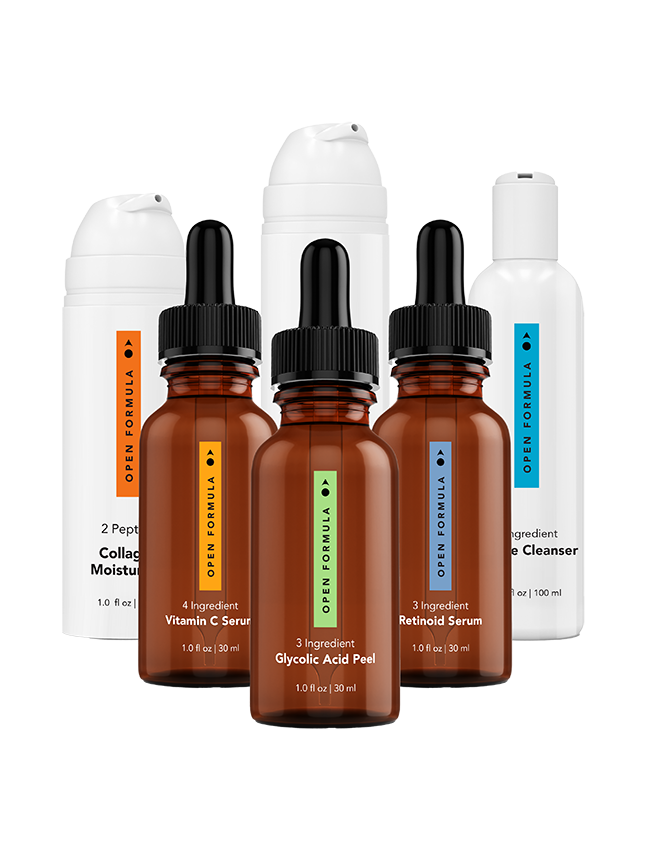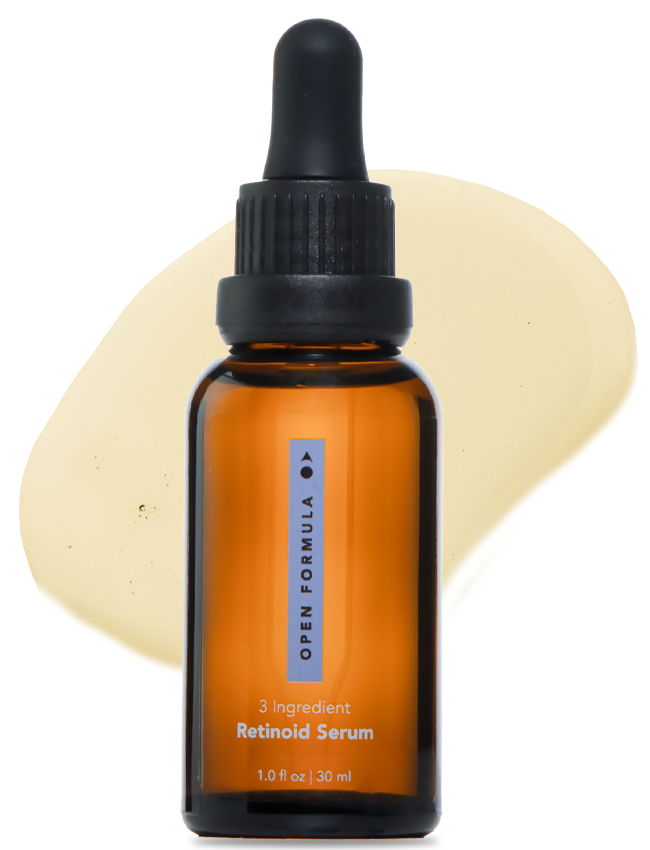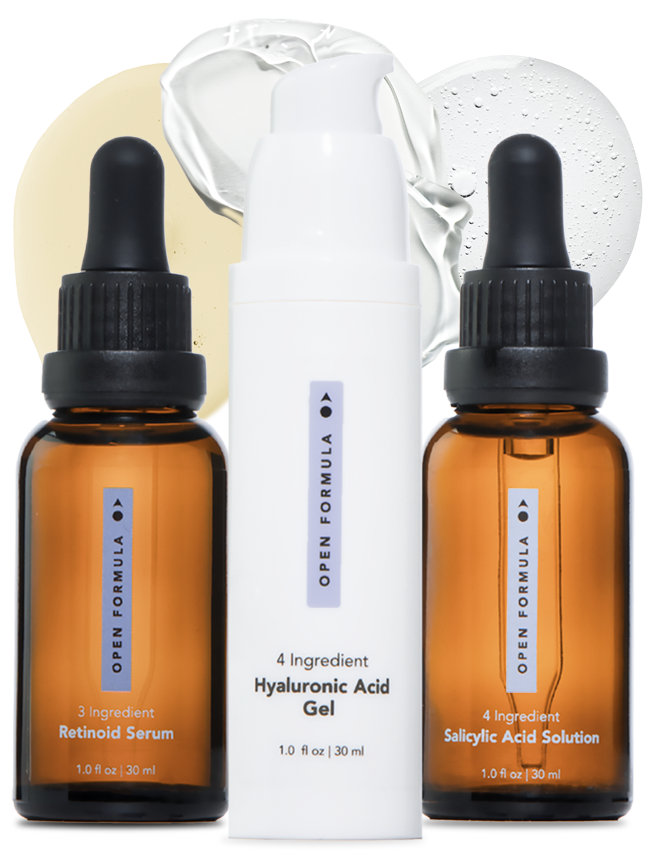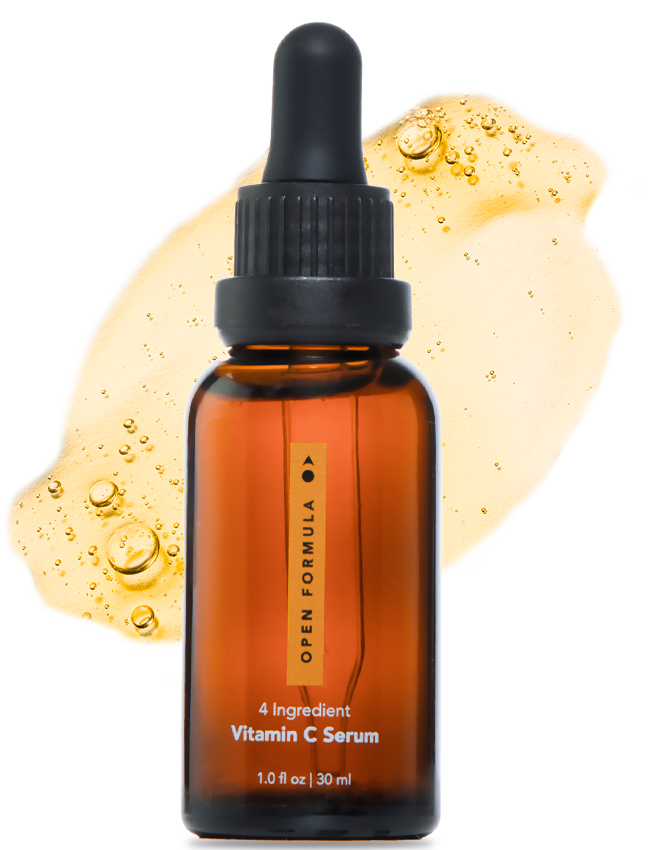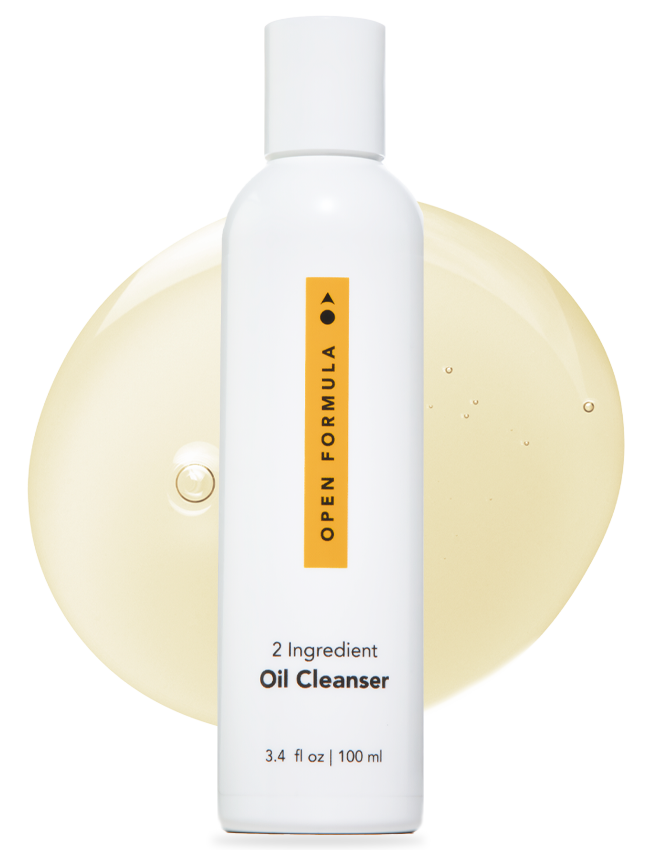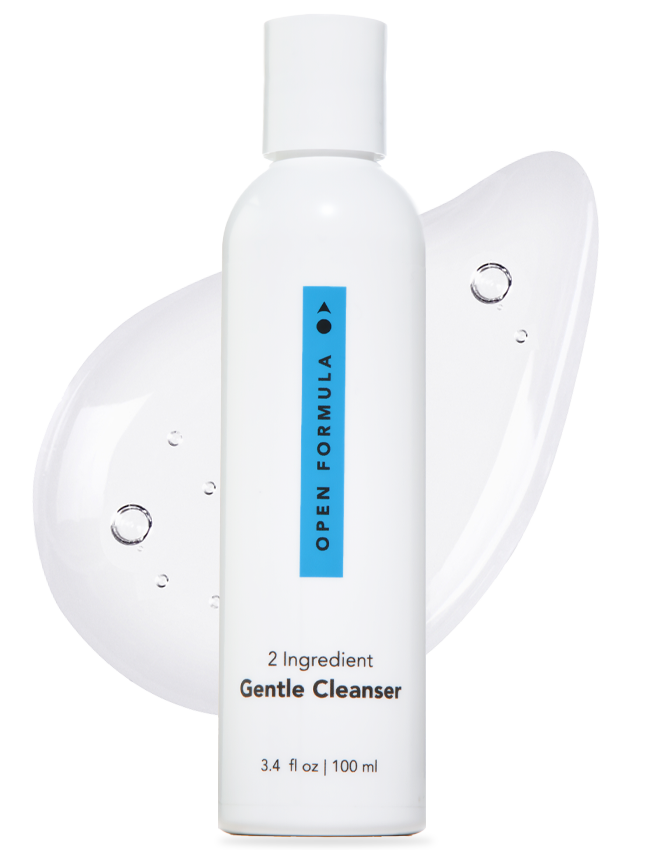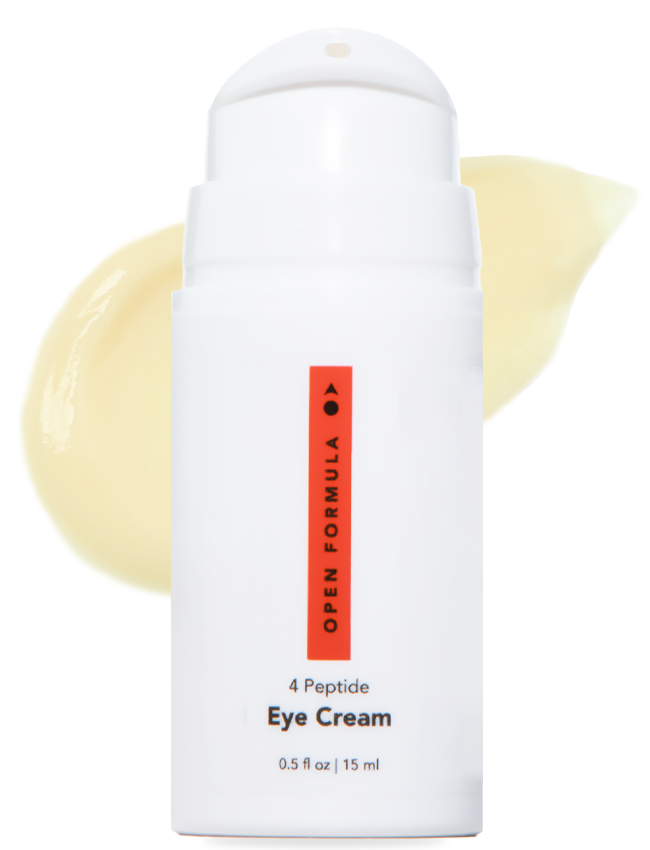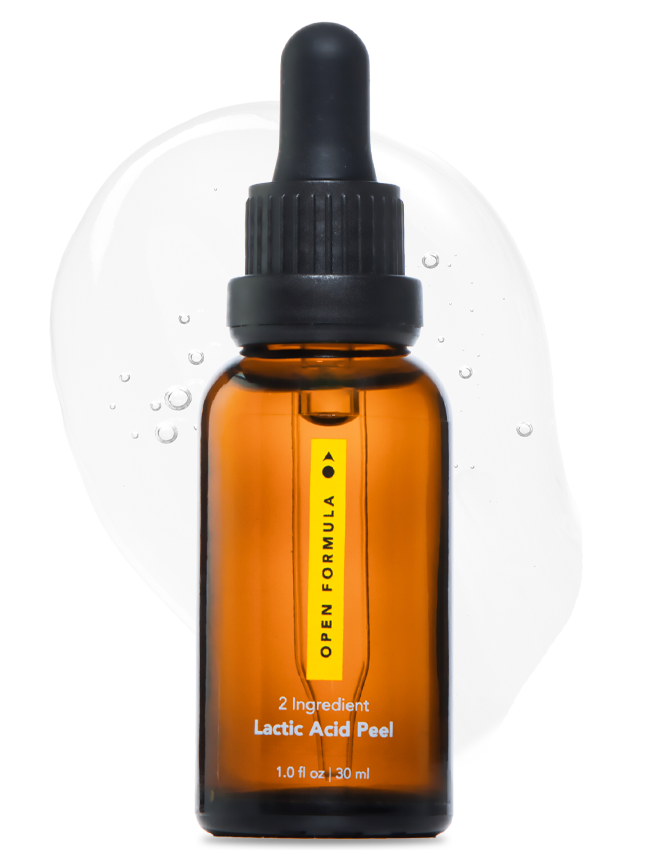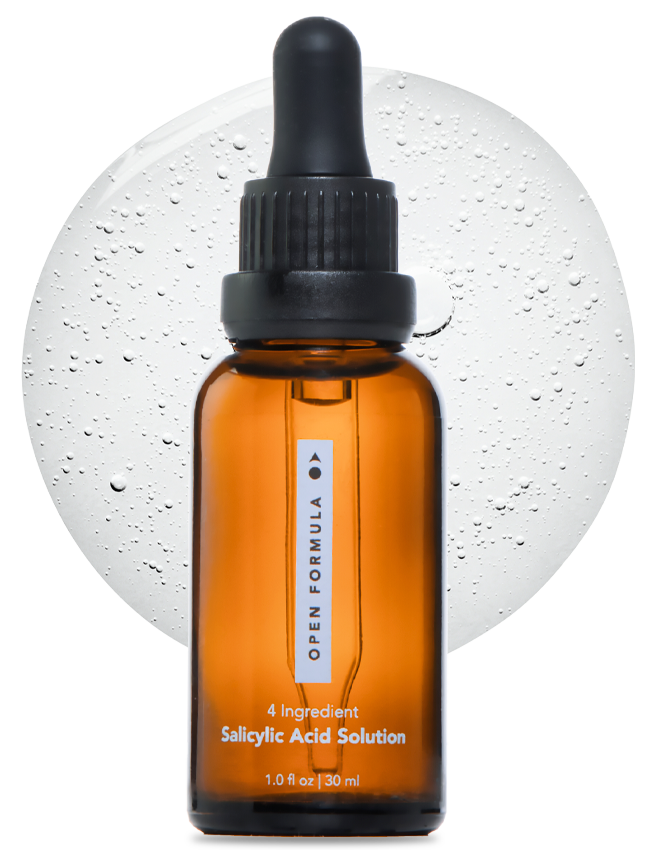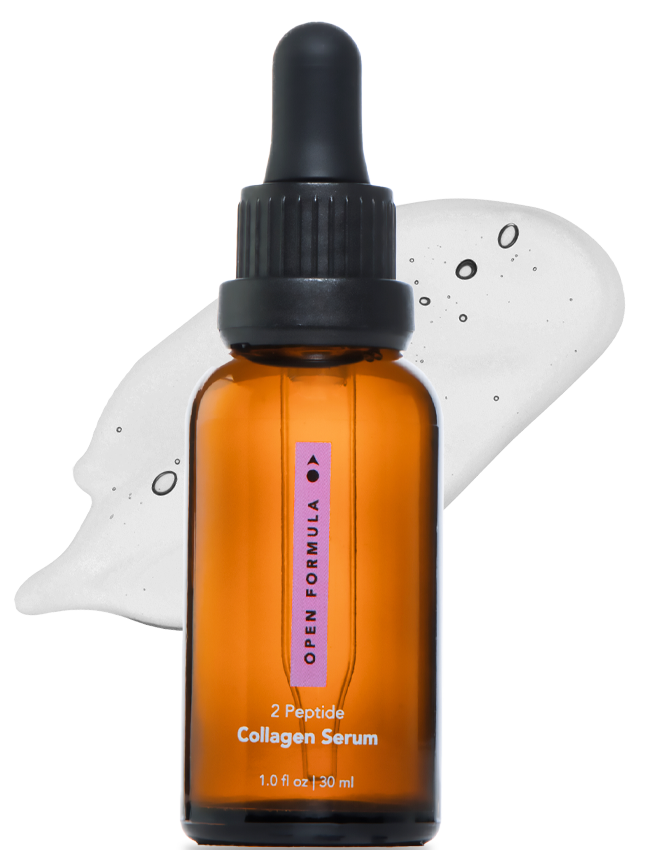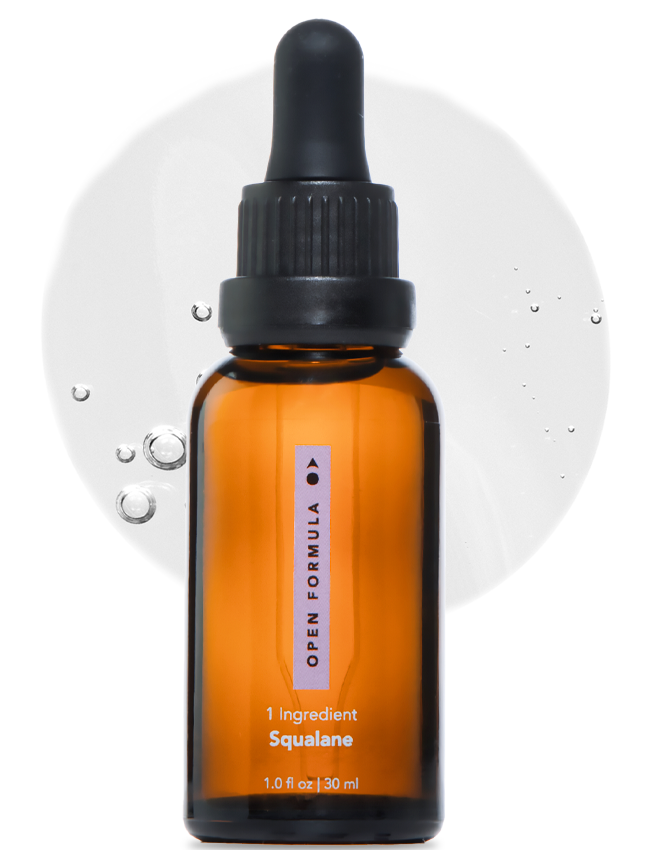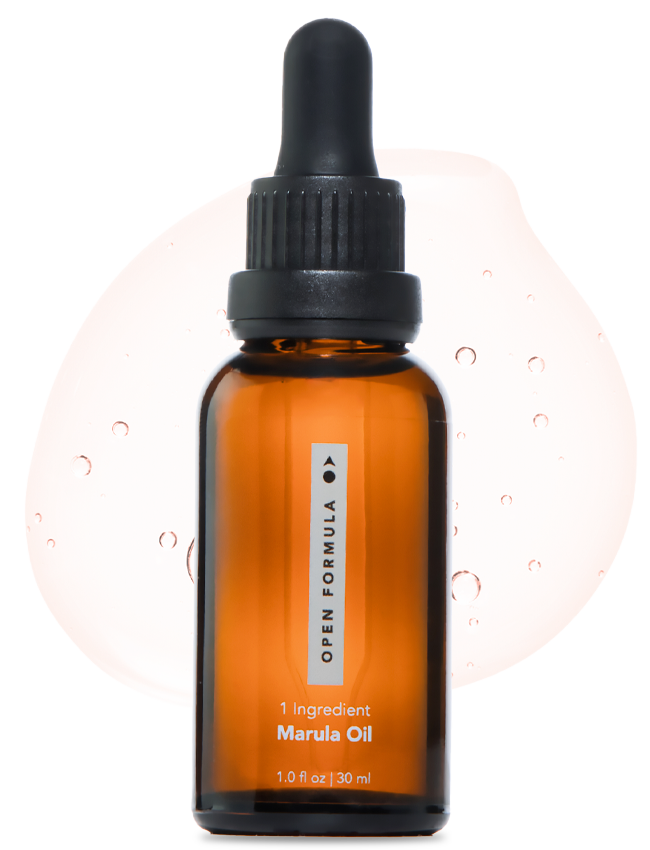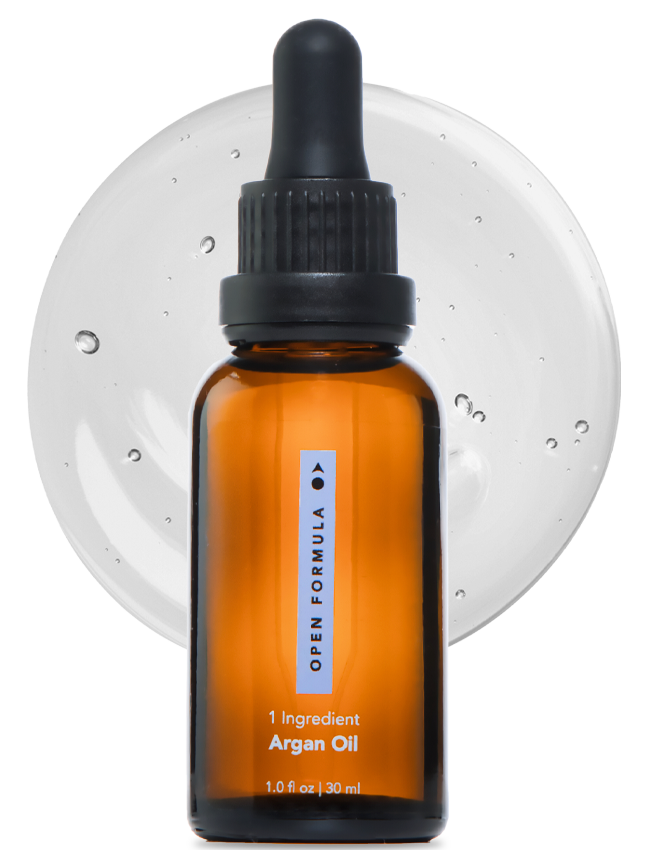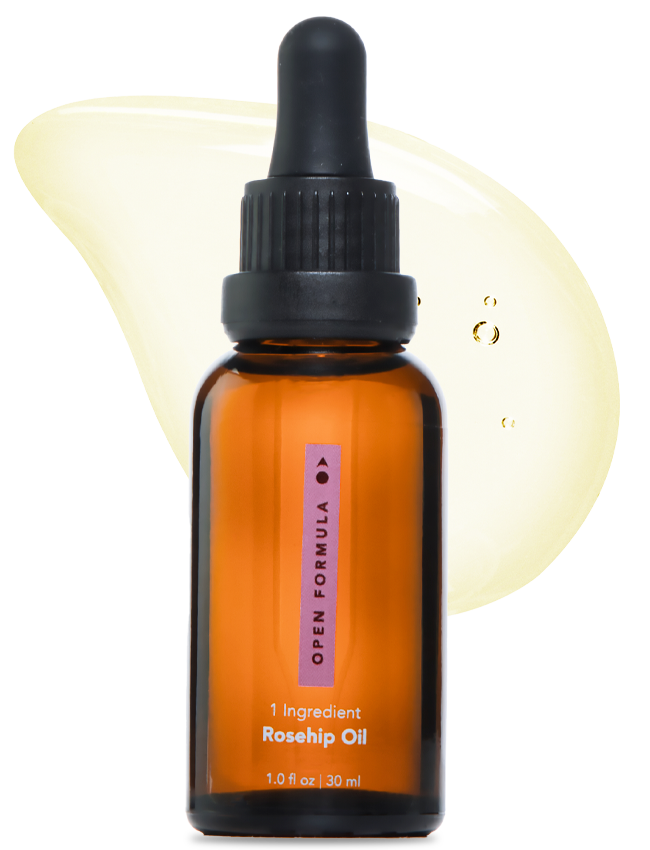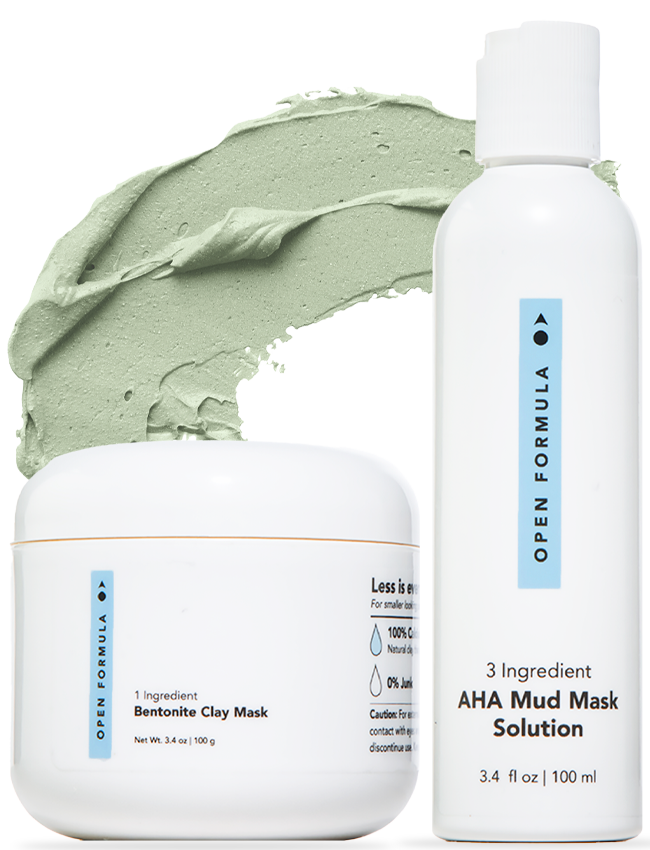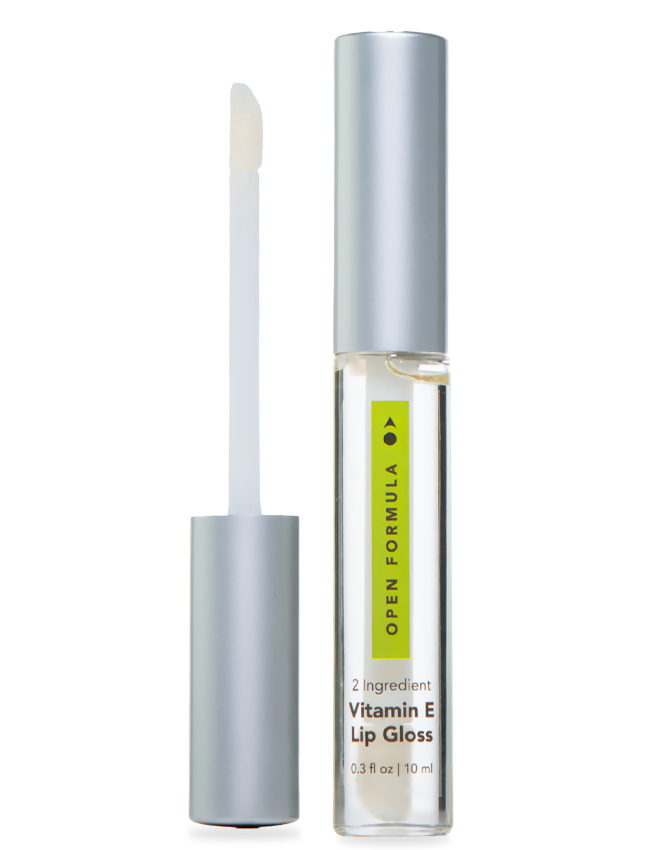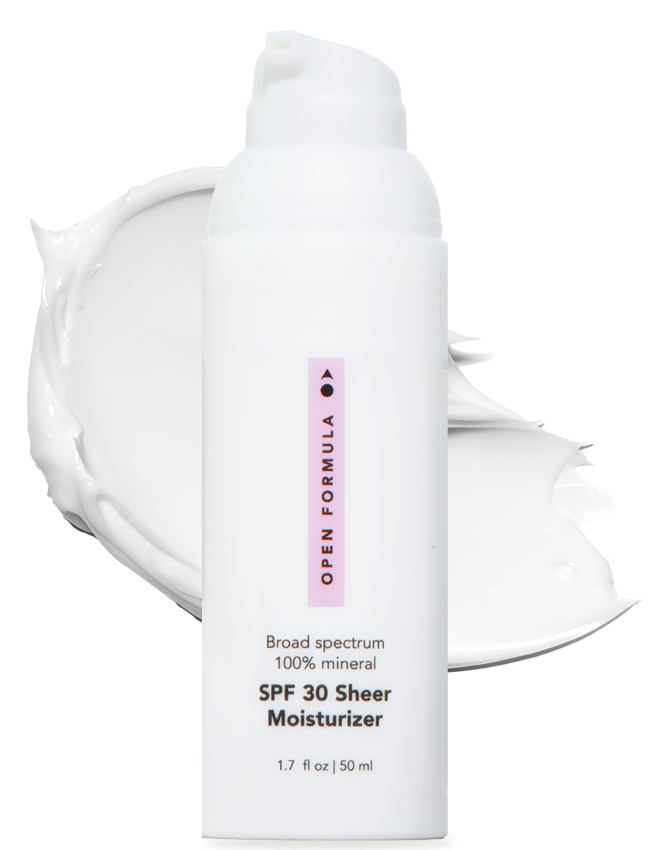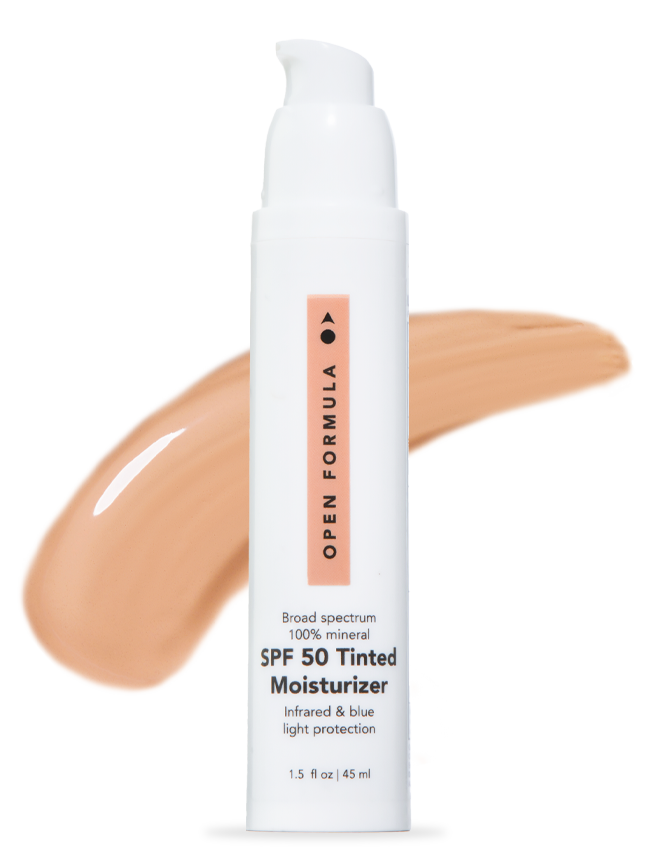Certain oils will not clog your pores AND do great things for your skin, even if it’s naturally oily. Find out which face oils to use for oily skin and learn which will do wonders and which ones will wreak havoc.
If you have oily skin—especially acne-prone oily skin—then you’ve definitely heard this notion before: “Don’t use oils on oily skin!”
It's commonly recommended by dermatologists to avoid anything oil-based, especially moisturizers and makeup. Even the instructions for a lot of acne treatments say to avoid oil-based everything because obviously, oils are causing your breakouts, right? Or, you could already be avoiding oils because of how heavy they feel on your skin. Either way, it sounds like common knowledge to avoid oils on oily, acne-prone skin. But is it true?
Can Oily Skin Use Oils?
The short answer is yes—oily skin types can still benefit from the emollient (moisturizing) and occlusive ( moisture-sealing) abilities of many plant-derived oils. What happens when oily skin uses oils?
Less Oily?
Some people claim that their skin is less oily since beginning to use oils. They find that their skin is way softer and much more moisturized, and most importantly, still breakout-free. Some people even find that after adding a facial oil to their routine, their acne goes away. If you use the right one for you, facial oils clearly do a lot for skin.
Listen to the podcast.
Which Face Oils to Use for Oily Skin: What to Look For
One of the key things to look for is an oil’s comedogenic rating. In other words, how likely it is to block pores and cause comedones: a clogged closed (whitehead) or clogged open (blackhead) pore.
You might already be familiar with the term comedogenic. A lot of skincare and makeup products promise to be non-comedogenic, especially ones marketed for oily skin. A product that won’t clog pores, totally non-comedogenic, has a zero rating. The highest rating, which will clog pores, is five.
Knowing the comedogenic rating is a good guideline for narrowing down ingredients that could be causing your breakouts. It’s also helpful for choosing the right oil for your skin. For example, coconut oil is considered highly comedogenic. It has a rating of 4, and yet, it’s a popular natural alternative for makeup remover. Many people don’t realize its pore clogging rating, and therefore, don’t make the connection between their breakouts and using coconut oil.
What Oils Don’t Clog Pores?
Non-comedogenic and low comedogenic oils include: Argan Oil (0), Hemp Seed Oil (0), Passionfruit (Maracuja) Seed Oil (1-2), Rosehip Seed Oil (1), Squalane (1)
More Oil Good News: Linoleic Acid, aka Omega-6
People with oilier skin and more acne were found to have less linoleic acid in their sebum than people that didn't have acne or oily skin. So it makes sense that oils with high levels of linoleic acid in them are beneficial to individuals with oily and acne-prone skin.
Linoleic acid is also known as omega-6 fatty acid - something our bodies can't produce, and actually need to get from food and supplements. However, there's little evidence to suggest that taking omega oral supplements helps with acne. It's best to use an oil rich in omega-6 fatty acid directly on your skin.
Linoleic acid is also good for skin in more ways than one. It can help improve barrier function and dehydration. Yes, oily skin can be dehydrated.
Oils rich in linoleic acid include: Evening Primrose Oil (2), Grapeseed Oil (2), Chia Seed Oil (3), and Borage Seed Oil (2).
Dry Oils
When considering which face oils to use for oily skin, think about the overall texture of the oil. Not all oils feel the same! A dry oil is an oil that basically sinks immediately into the skin with no heavy, sticky texture at all. When an oil isn’t too heavy, you’re more likely to use it, right? And the more you use it, the better your skin will be.
A famous example of dry oil is squalane. It's a super-thin, fast-absorbing oil that's super popular right now. It sinks immediately into the skin, but gives it intense moisture and even has some anti-inflammatory effects—perfect for calming down acne-prone skin.
Other dry oils include: Rosehip Oil (1), Jojoba Oil (2), Kiwi Seed Oil (1), and Borage Seed Oil (2).
Oils that clog pores and should be avoided
So now that we’ve gone over the oils that are fine for oily skin, there are definitely some that aren’t. These oils are basically the total opposite of the ones recommended. They have a different balance of essential fatty acids and are wetter and more viscous in texture. Some oils to avoid on skin are Coconut Oil (4), Cocoa Butter (4), Flaxseed Oil (4), and Moringa Oil (3-4).
Quick tips on How to Use Facial Oils
- Oils can be used in the morning, or at night, or both—but it's likely that if you have oily skin, you'll want to use it just at night. A nightly application of oils means that your skin can make the most of the oils without feeling heavy or greasy as you go about your day.
- A facial oil should usually be used towards the end of your skincare routine. After your water-based products. When used at the end of your routine, they can help to seal in everything else you've put on your skin!
- There are two ways that you can use a facial oil at the end of your routine. The first is just simply pressing the pure oil into your skin. At this point, you can finish up or end your routine with a super relaxing facial massage.
- Or, the second way is by adding a few drops of the oil to your evening moisturizer before patting it onto your face. This is a great technique because it helps a non-spreadable, dry oil become much easier to work with and apply on your face. It also helps to lighten the texture of the oil. No matter how lightweight or dry an oil can be, if your skin is really sensitive to textures on it, it can still feel a bit heavy. Mixing moisturizer and oil together makes sure that you get the most of both moisturizers—win-win!
Takeaway
Add an oil that won’t clog your pores to your skincare routine. It will not break you out. And can actually balance your skin.
More resources. Learn about the benefits of Argan oil for your skin.







